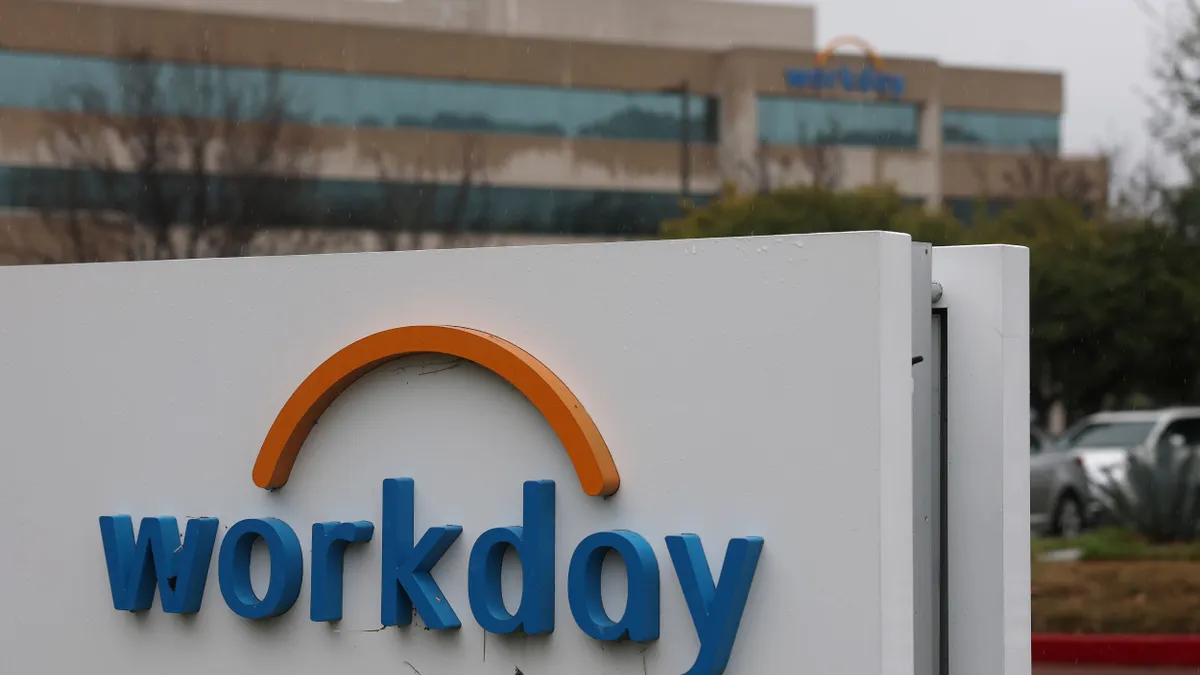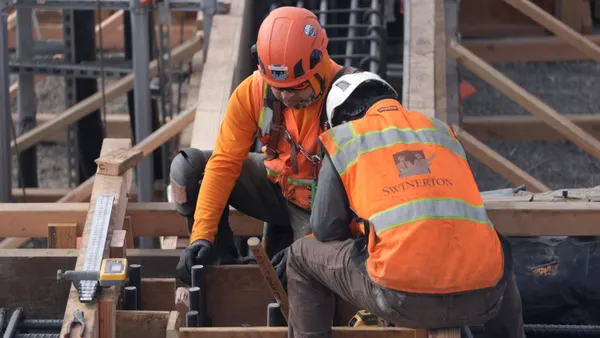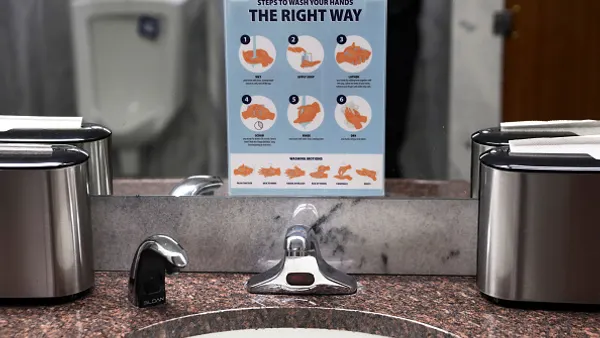Workday Inc. will have to face a collective-action lawsuit alleging that the company’s artificial intelligence-based applicant recommendation system discriminated against workers age 40 and older (Mobley v. Workday, Inc.), a federal judge ruled Friday in the U.S. District Court for the Northern District of California.
Judge Rita Lin granted the applicant’s request for preliminary certification of a collective action on the age discrimination claim because applicants “are alike in the central way that matters: they were allegedly required to compete on unequal footing due to Workday’s discriminatory AI recommendations,” according to the order.
The applicant and four opt-in plaintiffs said they received hundreds of quick rejections without interviews for jobs via Workday, in violation of the Age Discrimination in Employment Act.
Workday has said it could be difficult to identify members of the collective because of the potential number of applicants affected, but the judge said “those challenges do not appear insurmountable.”
“If the collective is in the ‘hundreds of millions’ of people, as Workday speculates, that is because Workday has been plausibly accused of discriminating against a broad swath of applicants. Allegedly widespread discrimination is not a basis for denying notice,” Lin ruled.
The class will include individuals aged 40 and over who were denied employment recommendations for job opportunities through Workday’s job application platform from Sept. 24, 2020, through “the present,” the court said.
A Workday spokesperson said the company continues to believe the case is without merit. “This is a preliminary ruling at an early stage of this case, and before the facts have been established. We’re confident that once those facts are presented to the court, the plaintiff’s claims will be dismissed,” the spokesperson said in an emailed statement to HR Dive.
To prove disparate impact under the ADEA, plaintiffs need to show a significant disparate impact on a protected class or group; identify the employment practices at issue; and demonstrate a causal relationship between those practices and the disparate impact, the court said.
Workday argued that the applicant should be held to a significantly higher burden of proof at the first stage of the “similarly situated” analysis because discovery has already started. “In essence, Workday proposes a sliding scale, in which the more discovery has occurred, the more evidence plaintiff should have to provide,” per the order.
The judge declined to apply a sliding scale standard, “which is contrary to the procedure used by virtually all district courts in this circuit.” That type of approach “would be impossible to apply with consistency, would encourage gamesmanship” and is contrary to precedent, the judge said.
Workday also presented several arguments for why the plaintiff’s lawsuit should not be granted class-action status.
The company said it doesn’t offer employment recommendations, so even the plaintiff shouldn’t be part of the collective; it said the policy in question is not uniformly applied to all applicants; and Workday said the variation in the proposed class members’ qualifications for the jobs, the number of jobs applied to and the rejection rate mean the applicants could not be similarly situated.
The court said that Workday’s own website and the company’s responses during discovery run contrary to its claim that it doesn’t recommend applicants. The court noted that the proposed class only includes individuals whose applications were subject to Workday’s AI; and the court said the plaintiff “is not required to prove that each member of the proposed collective is identically situated … his burden is to identify legal or factual similarities that are material to the resolution of the case.”
Judge Lin ordered Workday and the plaintiffs to work together to identify the best way to notify potential class members.
Correction: In a previous version of this article, the date range of the applicants who could be included in the class was misstated. The class will include individuals aged 40 and over who were denied employment recommendations for job opportunities through Workday’s job application platform from Sept. 24, 2020, through “the present."
















